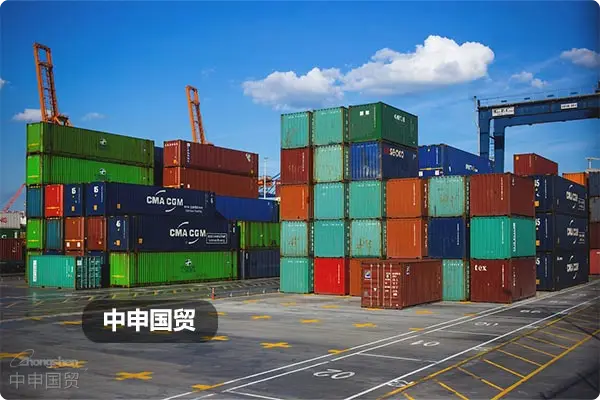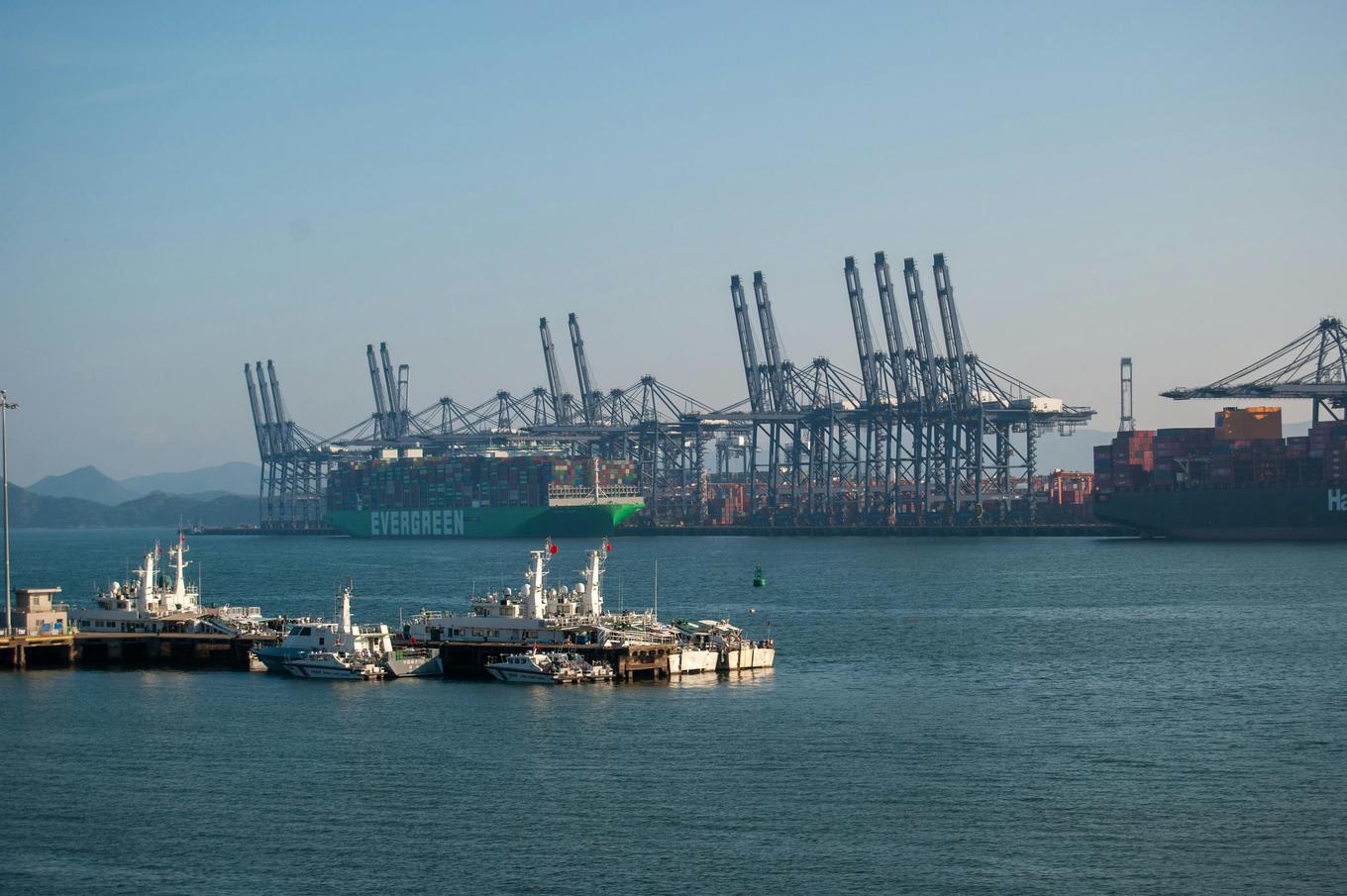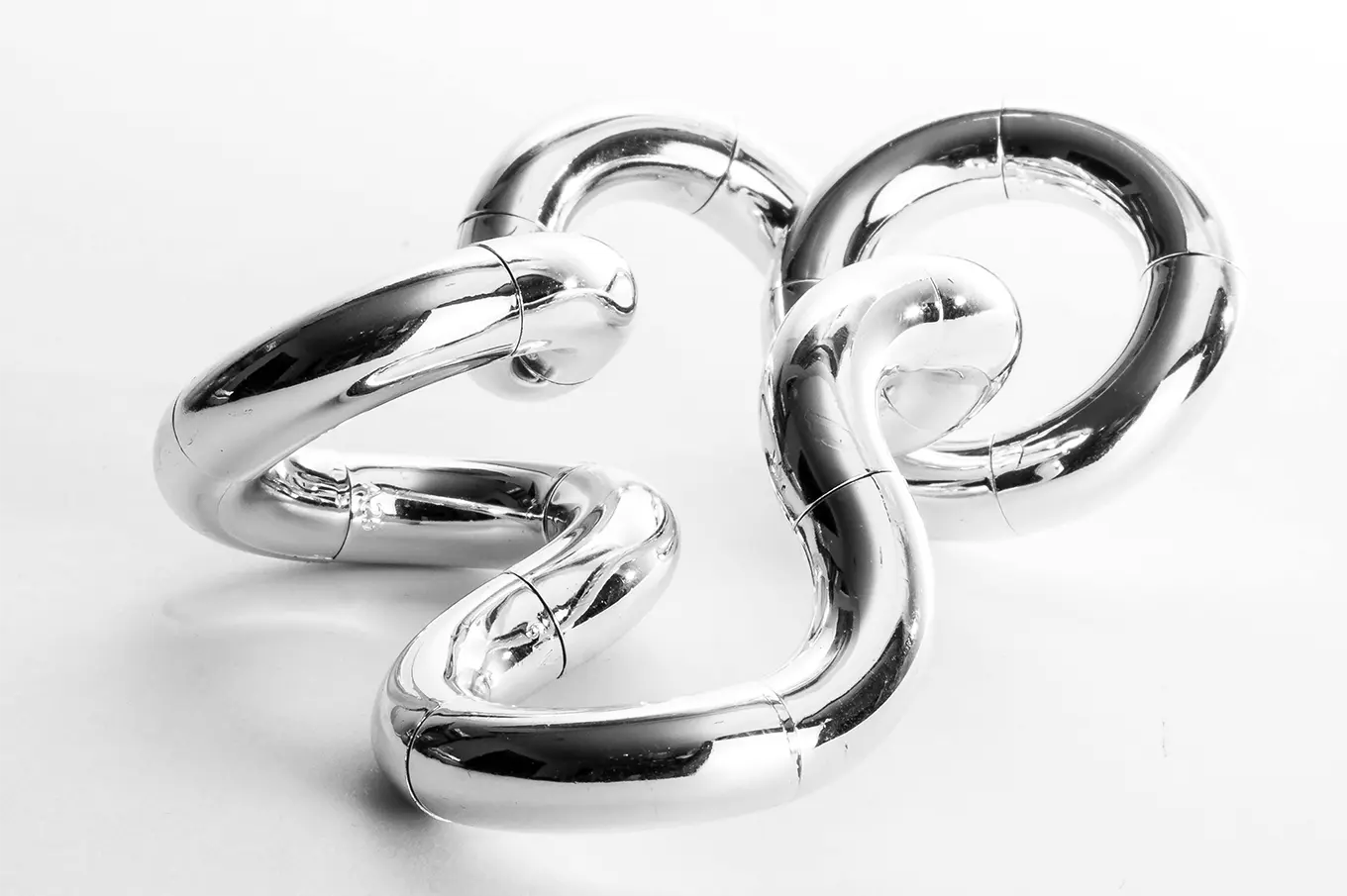- Shanghai Zhongshen International Trade Co., Ltd. - Two decades of trade agency expertise.
- Service Hotline: 139 1787 2118

Importing hydraulic components from Germany: Openingforeign tradeA new chapter in imports
Amid the wave of globalized economy, the demand for importing hydraulic components from Germany continues to grow. Whether in industrial production or machinery manufacturing, German hydraulic components are highly regarded for their exceptional quality and advanced technology. However, the complexity of foreign trade procedures for importing such products should not be underestimated, making professional foreign trade agents particularly important.
Professional document processing and logistics arrangements
For importing hydraulic components from Germany, document processing is the crucial first step. In international trade, various documents serve as passports for transactions and are indispensable. From commercial invoices and bills of lading to packing lists, each document carries important information and must comply with international trade rules and the requirements of the destination port.
As proof of transaction between buyers and sellers, commercial invoices must detail descriptions, quantities, values, and other information about the goods. The bill of lading serves as proof of ownership of the goods, and its completion must be accurate; otherwise, issues may arise during transportation. Packing lists must clearly show the details of goods in each package for customs inspection.
Our company has extensive experience in document processing, ensuring that every document is completed strictly according to requirements to avoid delays and additional costs caused by errors.
Logistics arrangements are equally crucial. Choosing the right mode of transportation from Germany to China is key to ensuring that goods arrive on time and safely.Maritime TransportationOcean freight is usually the preferred choice for large quantities of goods, with the advantage of lower costs and the ability to carry larger volumes. However, shipping times are relatively long, requiring advance planning of the transportation cycle. For urgent shipments, air freight can be considered.Air TransportationAlthough the cost is higher, air freight is faster and can meet the needs of time-sensitive customers.
During logistics, packaging and insurance for the goods must also be considered. Hydraulic components are precision equipment and require sturdy, shock-proof packaging to prevent damage during transportation. Additionally, purchasing cargo transportation insurance is essential to receive compensation in case of accidental loss.
For French accessories targeting Russia, a distinctive advantage is VTBs settlement convenience. VTB Bank as a major Russian financial institution maintainsFX Settlement Agencyclose cooperation. Using VTB channels simplifies cumbersome procedures and accelerates settlements.
Although our current topic is importing hydraulic components from Germany, inimport and exportbusiness operations, multi-market layouts are a common strategy. The Russian market has always been one of our important business areas. When conducting trade with Russia, challenges often arise during the settlement process. However, our company has unique advantages for the Russian market—VTB settlement convenience.
Settlement, simply put, is the process of converting foreign currency into domestic currency. In trade with Russia, due to factors such as Russias financial system and international sanctions, the settlement process can become complicated. By using VTB Bank for settlement, we can complete this process more smoothly. VTB Bank holds a significant position in Russias financial market, with a stable and efficient settlement system. We have established long-term, stable cooperation with VTB Bank and are familiar with its settlement processes and requirements.
The specific process is as follows: First, after exporting the goods and obtaining the relevant documents, we submit them to VTB Bank. The bank reviews the documents to ensure they meet settlement requirements. Once approved, the bank converts the foreign currency into RMB at the current exchange rate and pays our client. The entire process is efficient and secure, significantly reducing risks and time costs during settlement.
Southeast Asia Market Import/Export Process & Solutions
The Southeast Asian market is also one of our companys key service areas. For importing hydraulic components from Germany, if it involvesEntrepot Tradeor direct sales in the Southeast Asian market, the import and export processes have specific requirements.
For the import process, the first step is product classification. According to the Harmonized Commodity Description and Coding System (HS Code), the correct code for hydraulic components must be determined, as it relates to tariff rates and relevant regulatory conditions. After determining the HS Code, an import license must be obtained (if required). Different hydraulic components may be subject to different import controls based on their use, technical parameters, and other factors.
Next is the customs declaration process. Before the goods arrive at the destination port, we must prepare a full set of customs declaration documents, including commercial invoices, bills of lading, packing lists, import licenses, etc., and submit them to customs. Customs will inspect the goods, primarily verifying their authenticity, quantity, value, and compliance with relevant regulations. If the inspection passes, customs will levy the corresponding tariffs and value-added tax before releasing the goods.
When exporting to the Southeast Asian market, attention must also be paid to the relevant processes. First, it is essential to understand the import regulations and standards of the destination country to ensure the products meet local market access requirements. For example, some Southeast Asian countries have strict regulations on the quality and environmental standards of imported goods.
Regarding documents, in addition to standard commercial invoices and bills of lading, aIt is recommended to verify through the following methods:certificate may be required to enjoy preferential tariff treatment. For logistics and transportation, the appropriate mode of transport and route must be selected based on the destination and delivery time of the goods. For landlocked countries, overland or inland waterway transportation may be needed to deliver the goods to the final destination.
For the Southeast Asian market, our company provides comprehensive solutions. We have an in-depth understanding of the trade regulations and market characteristics of various countries, allowing us to plan import and export processes in advance and avoid issues arising from unfamiliarity with local rules. In logistics, we collaborate with multipleInternational LogisticsThe company has established long-term cooperative relationships and is able to provide customers with optimized transportation solutions to reduce logistics costs.
Challenges and Opportunities in the Current International Trade Landscape
Currently, the complex and ever-changing international trade situation presents both challenges and opportunities for the business of importing hydraulic components from Germany.
On the challenge side, the rise of trade protectionism is a factor that cannot be ignored. Some countries have implemented various trade restriction measures to protect their domestic industries, such as increasing tariffs and setting up trade barriers. This directly leads to higher import costs and reduces the competitiveness of German hydraulic components in the international market. Meanwhile, exchange rate fluctuations also bring uncertainty to trade. Frequent changes in currency exchange rates may result in exchange losses for enterprises during settlement, affecting their profits.
Additionally, the global pandemic has had a significant impact on international trade. Frequent issues such as logistics disruptions and supply chain interruptions have created major difficulties in ensuring timely delivery of goods.
However, opportunities also exist. With the gradual recovery of the global economy, demand for industrial products is steadily rebounding. German hydraulic components, known for their high quality, still have broad prospects in the market. At the same time, the development of digital technology has brought new opportunities to international trade. Through e-commerce platforms, enterprises can more easily expand into international markets and reduce marketing costs.
In response to these challenges and opportunities, our company is taking proactive measures. Regarding trade protectionism, we closely monitor changes in trade policies across countries, promptly adjust business strategies, and seek new markets and cooperation opportunities. For exchange rate fluctuations, we use financial instruments for hedging to mitigate exchange rate risks. Amid the pandemic impact, we have strengthened communication and cooperation with logistics suppliers, optimized logistics routes, and ensured timely transportation of goods.
Product certification services
In the process of importing hydraulic components from Germany, product certification is a crucial aspect that cannot be overlooked. Different markets and industries have varying certification requirements for hydraulic components. For example, the CE certification for the EU market serves as a passport for products to enter the EU, proving compliance with relevant EU directives and harmonized standards.
For the Chinese market, certification may be required to comply with national or industry standards. Although our company does not directly provide certification services, we have a professional team that can assist customers in understanding the detailed requirements of necessary certifications and provide relevant guidance and advice.
We help customers navigate the certification process, informing them of the required documentation and key considerations. For instance, when applying for CE certification, technical documents and test reports for the product must be provided. We also assist customers in selecting suitable certification bodies to ensure a smooth certification process.
In summary, importing hydraulic components from Germany involves multiple steps, including document processing, logistics arrangements, foreign exchange settlement, import-export procedures, and product certification. With our professional capabilities and extensive experience, our company can provide comprehensive foreign trade agency services to help customers succeed in international trade.
Related Recommendations
© 2025. All Rights Reserved.Shanghai ICP No. 2023007705-2 PSB Record: Shanghai No.31011502009912
PSB Record: Shanghai No.31011502009912










